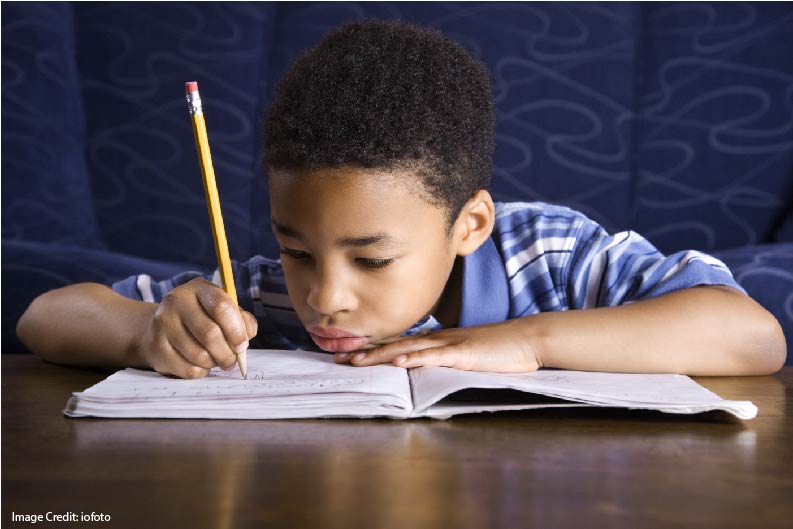

The efficacy of the homework identified by Kalish has been studied by policy researchers as well. One student shared that on occasion they spent more time on homework than at school, while another commenter pointed out that, “We don’t give slow-working children a longer school day, but we consistently give them a longer homework day.” Without feedback, homework is ineffective When asked how homework can negatively affect children, Nancy Kalish, author of The Case Against Homework: How Homework is Hurting Our Children and What We Can Do About It, says that many homework assignments are “simply busy work” that makes learning “a chore rather than a positive, constructive experience.”Ĭommenters on the piece, both parents and students, tended to agree. Students and parents appear to carry similar critiques of homework, specifically regarding assignments identified as busy work-long sheets of repetitive math problems, word searches, or reading logs seemingly designed to make children dislike books. They also point out that opponents believe schools have decided homework is necessary and thus assign it simply to assign some kind of homework, not because doing the work meets specifically-identified student needs. The article goes on to note that those who oppose homework focus on the drawbacks of significant time spent on homework, identifying one major negative as homework’s intrusion into family time.


The Scholastic article Is Homework Bad? references Alfie Kohn’s book The Homework Myth: Why Our Kids Get Too Much of a Bad Thing, in which he says, “There is no evidence to demonstrate that homework benefits students below high school age.” Educators and policy makers must ask themselves-does assigning homework pay off? Is there evidence that homework benefits students younger than high school? Whether from habit or comparison with out-of-class work time in other nations, our students are getting homework and, according to some of them, a LOT of it.


 0 kommentar(er)
0 kommentar(er)
